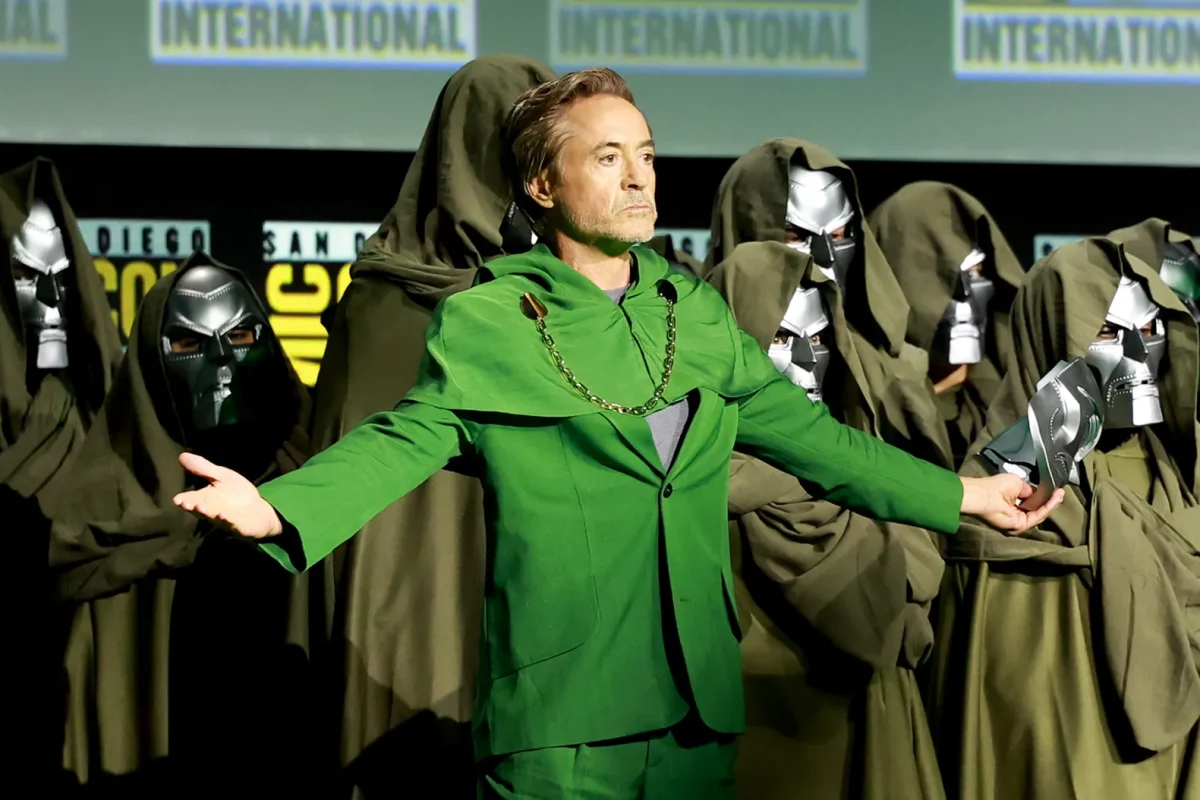“Modern Family,” now in its eighth season, has the baffling ability to be simultaneously progressive and outdated. For a TV show that boasts both a gay couple and an interracial couple as part of the main cast, it still manages to rely heavily on stereotypes that are tiresome, irritating and sometimes deeply offensive. This season’s premiere, in fact, took a storyline of one of the families going down to celebrate a cousin’s wedding in Mexico as an opportunity for the writers to unload practically every lazy, stale and painfully unfunny “joke” about Mexicans they could think of.
So when I found out the second episode of the new season would feature a transgender character, I wasn’t sure what to think. On one hand, I was delighted to read that the character would be played by an actual trans actor. Hollywood has been slowly moving away from using trans people as plot twists, inducing disgust and horror, to portraying them in a sympathetic manner that shines a light on the issues they face. However, the industry has been slow to let trans people represent themselves on-camera.
Aside from Laverne Cox on “Orange is the New Black,” most trans roles have been played by cis actors. Jeffrey Tambor, who recently won his second Emmy for playing trans woman Maura in “Transparent,” has actually acknowledged this issue multiple times in the past and gave a particularly impassioned acceptance speech during the awards ceremony asking directors to hire more trans actors to play trans roles. So “Modern Family” casting a trans actor, and a trans child actor at that — a network television first — is refreshing and worth acknowledging.
On the other hand, this could be a chance for the writers to reveal their prejudices against trans people under the guise of satire and subversive-but-actually-not-really humor. I worried the show might trot out a forced gag about a hot-button trans issue like the North Carolina “bathroom bill,” thereby trivializing and cheapening the dangers trans people face every day. I worried that characters would trip up over pronouns and names, that hurtful acts like misgendering and deadnaming might be hand-waved away with “well at least we’re trying!”
Turns out, I didn’t have to worry about any of that. The character Tom, who we learn from another character in a stage whisper complete with raised eyebrows was once called Tina, was on screen for approximately 15 seconds and said a total of eight words. Yes, I counted. Instead, he’s not so much a character as much as he is a plot device through which two characters examine their own prejudices and concern over potentially being intolerant. And while I was glad to be spared of any of the terrible scenarios I was envisioning, I wasn’t exactly impressed to see a trans character reduced to a prop for the main characters’ enlightenment.
Privilege of any kind should be examined; you won’t find me disagreeing with that statement. People who position themselves as progressive and accepting of others but whose inner circles don’t reflect their claims should think carefully about why that is and what that says about them. But this kind of self-reflection should be done automatically and without prompting from some mythic, marginalized figure appearing just to deliver a message before poofing out of existence.
Yes, “Modern Family” is a TV show, and a sitcom at that, so the show’s creators probably had to sign a blood contract ensuring every episode ended with a message. But at whose expense? Is Tom as a character really inspiring if all he does is somehow inspire guilt just for existing? Is “Modern Family” really that daring when all it dares to do with marginalized characters is treat them as jokes or props? Maybe I’m taking this too seriously. Or maybe I’m just acutely aware that, if I were a character on a sitcom like “Modern Family,” I wouldn’t be a person with my own thoughts and feelings — I’d just be a lesson.






